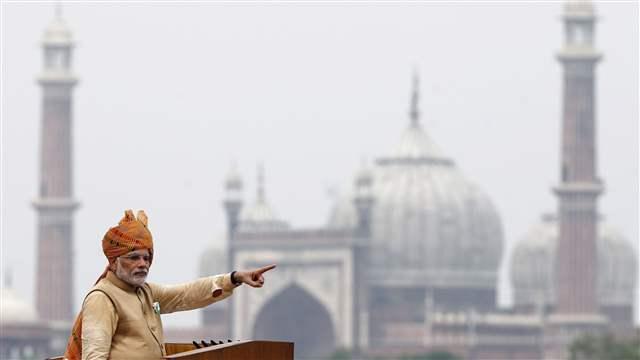Content from the Brookings Doha Center is now archived. In September 2021, after 14 years of impactful partnership, Brookings and the Brookings Doha Center announced that they were ending their affiliation. The Brookings Doha Center is now the Middle East Council on Global Affairs, a separate public policy institution based in Qatar.
Indian Prime Minister Narendra Modi’s recent visit to the United Arab Emirates revealed New Delhi’s intention to bolster bilateral relations with the Gulf states. It was the first visit by an Indian prime minister in over 30 years, demonstrating the country’s renewed focus on expanding ties with the region it has always called “West Asia.” Although India and the Middle East share a long history of trade, immigration and cultural exchange, relations have yet to reach their full potential.
Read “Dealing with Delhi: How culture shapes India’s Middle East policy“
In this policy briefing, Kadira Pethiyagoda highlights the importance of an under-reported aspect of the relationship – culture. The author explains the role it plays in India’s policies toward the region, particularly under the current government, and argues that Gulf states need to understand the impact of Indian values and identity. Pethiyagoda provides recommendations on how the Gulf states can, through better understanding the cultural drivers of Indian foreign policy, build stronger ties with India, thereby advancing both economic and strategic interests.




